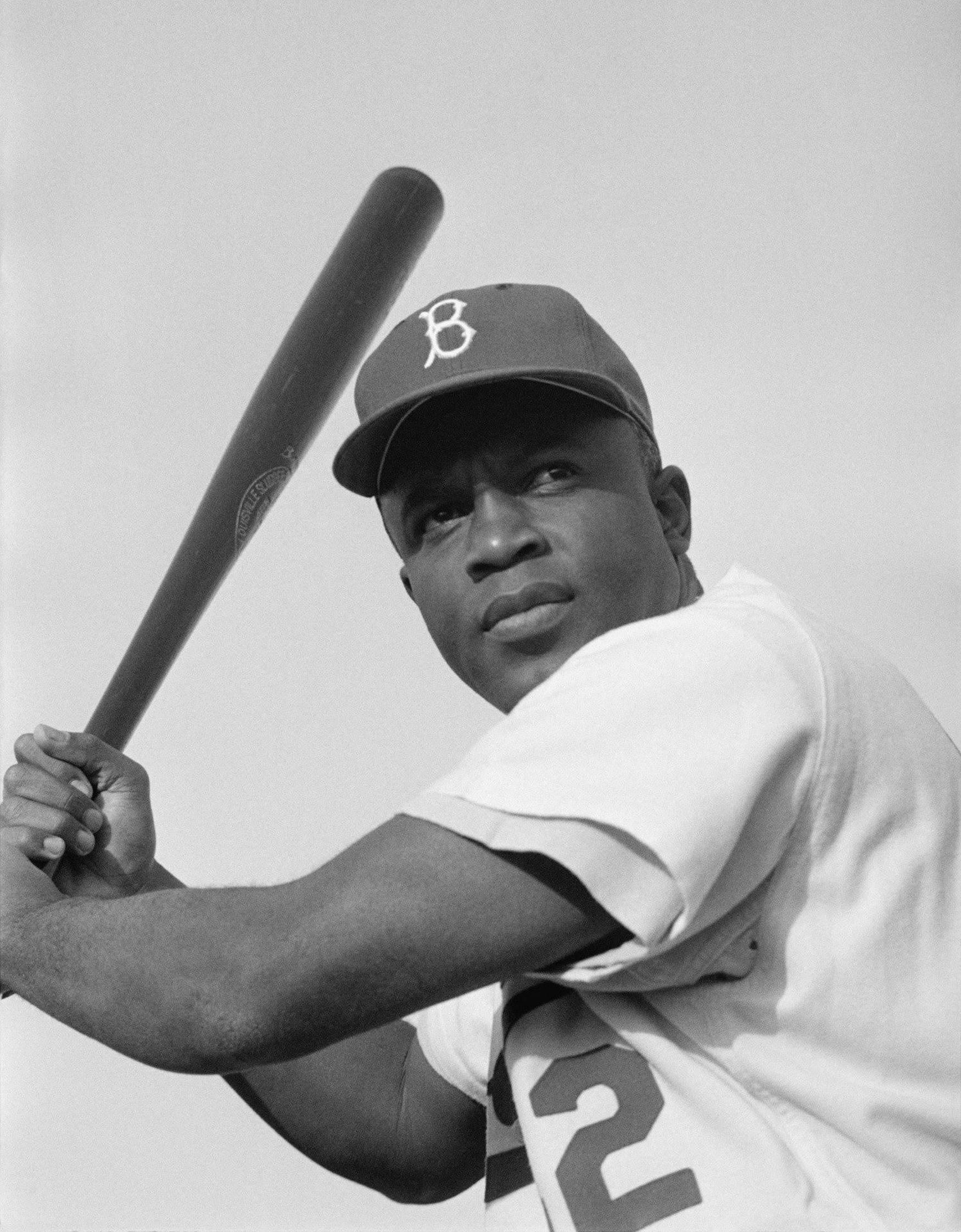Who was Jackie Robinson?
The Los Angeles Dodgers defeated the Tampa Bay Rays last week in the 116th Major League Baseball World Series. It may be easy to overlook this recent event with an upcoming contentious national election and the continuing COVID-19 pandemic. Still, baseball has played a large part in our national identity and culture and has earned its title as our “national pastime.” This reality has not been lost on Madison Avenue, who told us that “Baseball, hot dogs, apple pie, and Chevrolet, they go together in the good ol’ USA,” according to a June 2016 Tri-County Times article. Thus, it is not surprising that changes within baseball, and in all sports, will reverberate into society as a whole. With the Dodgers' historic win in this unimaginable year, the Justice looked back at another historic Dodger moment: when Jackie Robinson became the first African American to play Major League baseball in the spring of 1947. It was a monumental moment in American history. This leads to the question: who was the man behind the ballplayer?
Robinson was born in Cairo, Georgia, to a poor family and raised by a single mother, according to Biography.com's profile for Jackie Robinson. Robinson was an exceptionally talented athlete, competing in football, baseball, basketball and track and field in high school. His participation in sports was inspired by his older brother, Matthew, who finished second to Jesse Owens in the 1936 Olympics in Nazi Germany, earning a silver medal in Track and Field. Robinson earned varsity letters in four sports at University of California, Los Angeles, but left school just shy of graduation for financial reasons. He served in the Army as an officer in World War II. During his military service, he was arrested near Fort Hood, Texas, for refusing to move to another seat on a segregated bus, but was later acquitted of the charges. Taking this stand was an early demonstration of his strength of character, which he would later use to break the race barrier in the Major League.
In 1946 Robinson married Rachel Isum, a young woman training to be a nurse, and the couple had three children. After spending time in the Minor League, Robinson earned the opportunity to join the Brooklyn Dodgers, offered by Branch Rickey, the president of the ball club. Over a 10 year career, Robinson excelled with an exceptional .311 lifetime batting average and an overall performance that earned him a place in the Major League Baseball Hall of Fame.
Robinson's internal strength that he demonstrated as he faced the racism and other challenges inherent to his place as the first Black Major League player defined him as a giant. He faced racist slurs from the stands, opposing players and managers, and some teammates even refused to take the field with Robinson.
In a sign of support, Robinson’s manager, the legendary Leo Durocher, said he would trade the rest of his team rather than trade Robinson, according to Biography.com. Other players came forward to support Robinson including the great star of the Detroit Tigers, Hank Greenberg, and teammate Pee Wee Reece. Once, when Robinson was being harassed from the stands, Reece walked over on the field and put his arm around Robinson to support his friend and teammate.
After retirement from baseball, Robinson was a business executive and continued to fight for civil rights as a board member of the NAACP. Robinson died at age 53 in 1972 from complications of heart disease and diabetes.
Among the things that Jackie Robinson said, these may best reflect who he was: “A life is not important, except for the impact it has on other lives”; “There’s not an American in this country free until every one of us is free”; and “Life is not a spectator sport. If you’re going to spend your whole life in the grandstand, just watching what goes on, in my opinion, you’re wasting your time,” according to a 2014 Eyewitness News report.
Jackie Robinson was much more than just an elite athlete. He was a man of conviction, strength, courage and determination. He was an important contributor to theCivil Rights Movement, and he is remembered as a great pioneer and leader in our country. He is another example of someone whom you wish you could have had the privilege of knowing.



Please note All comments are eligible for publication in The Justice.